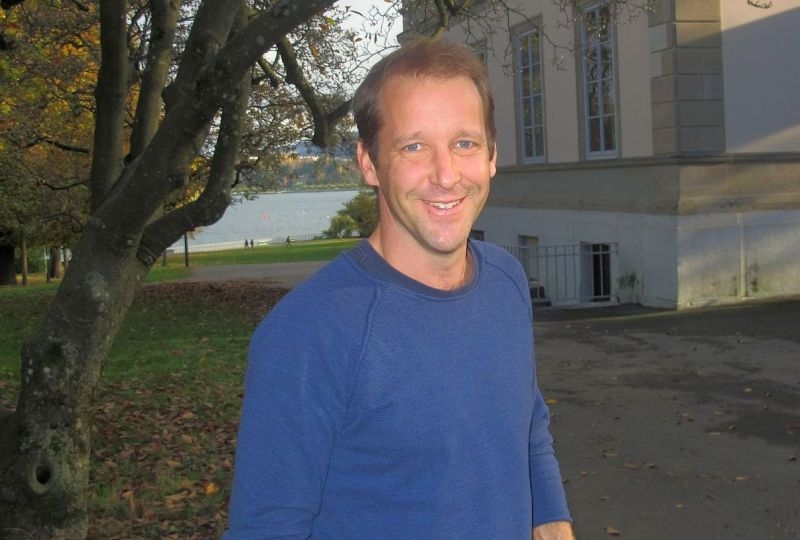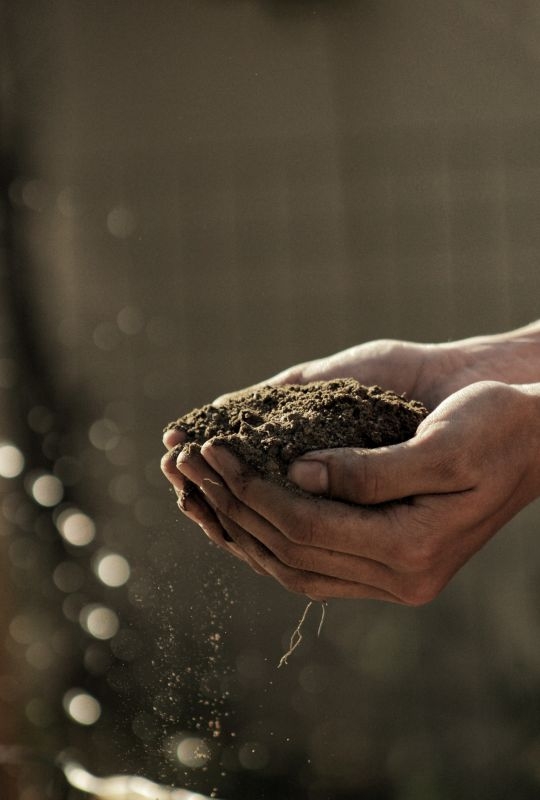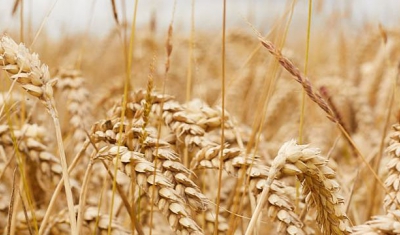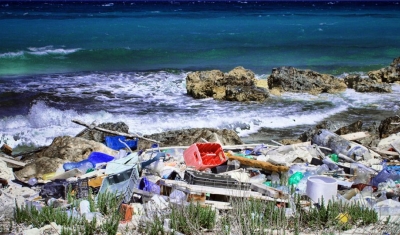Our submissions consist of a background paper and answers to more than 150 questions. These build on a previous submission that we presented to the EC back in July 2021.
‘Our objective is that this revision will lead to the recognition of peasants’ right to save, use, exchange and sell farm-saved seeds, and their right to maintain, control, protect and develop their seeds and traditional knowledge’ explains Dr Christophe Golay, Senior Research Fellow and Strategic Adviser on Economic, Social and Cultural Rights at the Geneva Academy.
‘Ensuring that this new legislation on seed marketing is fully in line with UNDROP is key as it will be automatically transposed in the 27 EU member states' national seed marketing regimes. It is also key that the EU respects its international law’s obligations to ensure that human rights have precedence over other regimes like trade or intellectual property’ recalls Dr Karine Peschard, Associate Research Fellow at the Geneva Academy.
Following this EC consultation process, the EC will formally propose a regulation (with direct effect) or a directive (to be transposed in the EU Member States) that will then be negotiated by the European Council and the European Parliament for adoption in 2023.









